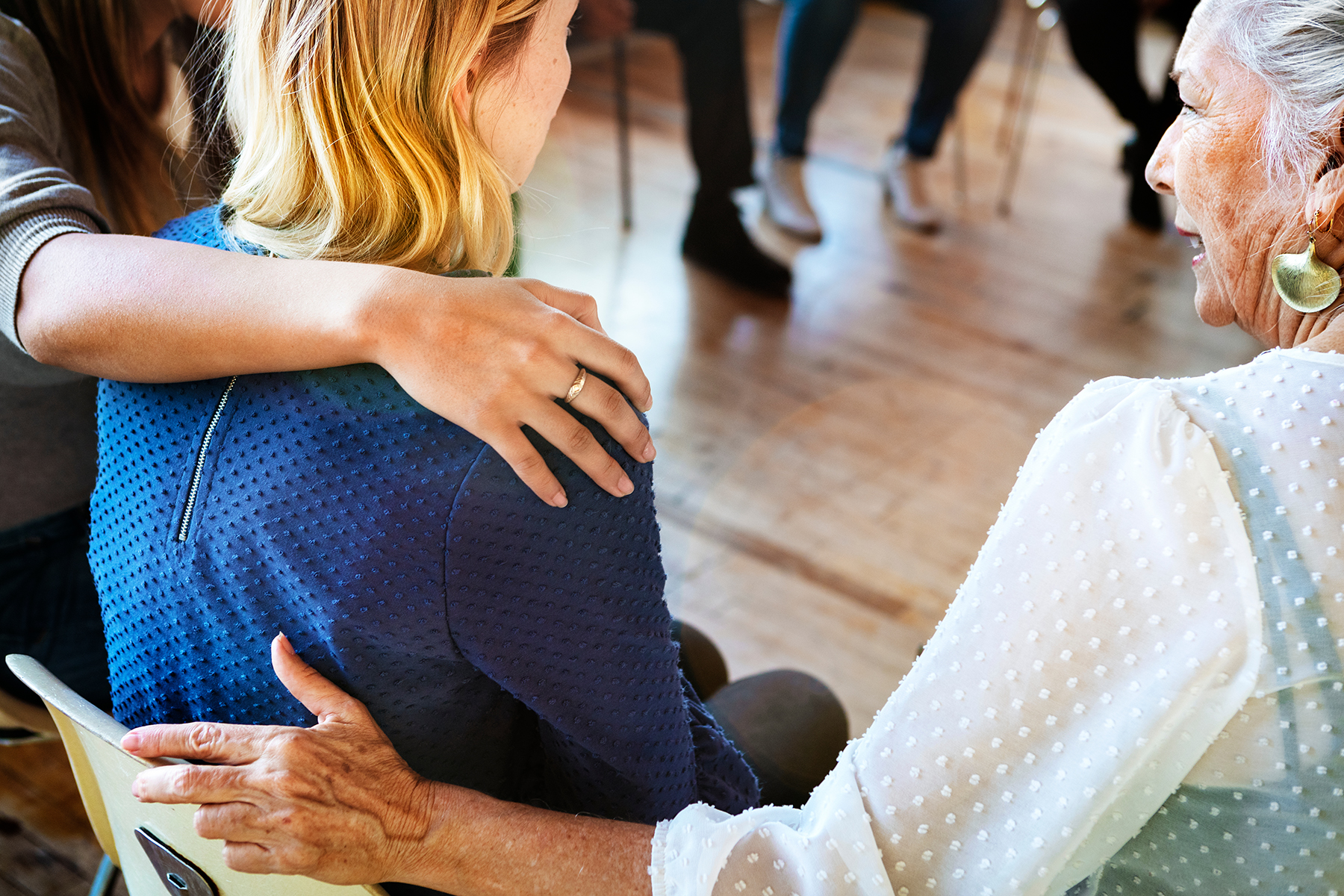Addiction is a tricky thing to overcome, the statistics show us that 40-60% of people who have received treatment for addiction relapse. Unfortunately, you will never stop being an addict, so long-term recovery takes work, support and coping strategies. However, with those tools and support it is possible to be clean, sober and well for the rest of your life.
In this article, we’re going to examine relapse and why it happens, and then give you some coping strategies for beating the odds and staying sober.
Understanding relapse
WebMD suggests you think of addiction as a chronic condition like asthma or diabetes, to understand that it is a long-term condition which requires management, just like these health conditions do. Thinking like this helps you to look out for the warning signs of temptations creeping in and be able to change your behaviours or get help before you use or drink again.
Addiction and long-term substance abuse rewires the brain and makes it more difficult to use self-control and good judgement. That’s why you may find yourself thinking of reasons why you should try it again like; “it can’t hurt just this once” or “everyone else is doing it”. It can also lead you to self-sabotage and start skipping meetings or falling back into destructive behaviours, or thinking that things are just too hard.
However, there are lots of ways to stop these patterns of thinking or behaviours before you act on them and we’re going to move on to some practical suggestions next!
Relapse Prevention Tools and Techniques
- Identifying your triggers and making a plan to deal with them
Identify what your triggers are that lead to cravings, whether it’s an activity, thought or person. Once you know, you can decide what you can do, instead of falling back on substance abuse. Make a plan for each trigger, so you know exactly what to do when those feelings or thoughts return. A useful tool is when you start feeling a craving say HALT and check in with yourself whether you are Hungry, Angry, Lonely or Tired. These are some of the most common triggers and there are easy ways to overcome these feelings, without falling back on drugs or alcohol.
- Learning how to manage stress and anxiety
Try a variety of stress management techniques and see which ones resonate with you the most, or work for you the best. These include; meditation, yoga, grounding techniques, deep breathing and exercise. There are lots of excellent free resources out there to introduce you to stress management techniques such as podcasts, videos and guided meditations, as well as classes you can join, or courses you can sign up for. Here’s a link to an article with 18 effective stress relief strategies that should help get you started.
- Go to regular 12 Step Meetings
The 12 Steps, which are the foundation of Alcoholics Anonymous’ highly effective programme, have helped millions of people to stop drinking and taking drugs. They are the cornerstone of our addiction treatment programme, due to their effectiveness and because there are millions of groups around the world, so addicts can continue to get help outside of our private rehabilitation centre.
Attending AA or NA meetings on a regular basis is an excellent way to have practical and emotional support on your recovery journey. Working through the steps and taking advantage of the group’s support system when you’re feeling low can be one of the most effective ways to stop relapse.
- Ask for help
Whether that’s from a friend, or family member, a doctor, therapist or addiction specialist, asking for help is the best way to stop relapse.
If you feel that destructive thoughts and patterns are creeping in, then make an appointment with a specialist to stop the spiral.
If you feel the urge and are worried you can’t resist it, call for help and let someone talk you through it. Or if you really feel like things are getting bad, then an in-patient rehabilitation centre can offer a safe place to go, without temptation and with plenty of support and help to strengthen the resolve, give you new coping strategies and therapy to understand the reason why you were going to relapse.
Rehab based on experience
The co-founders of our private rehabilitation centre have all struggled with addiction and won!
Zalyia celebrated 33 years of sobriety last month, Howard is 34 years clean and sober and Ali at 8 years in recovery. However, they all know that it happens a day at a time and are passionate about supporting their clients through it.
Zalyia explained that “I have learnt to ask for help to change how I react to things. Where necessary I have had to practice acceptance. All is possible a day at time! Find a person who one can trust to seek support from and look to help others, it’s the best way to stop thinking about oneself.”
Howard adds, “Asking for help then and now and everything in between is the secret for me. Because I’m clean it does not mean life is always perfect. Tough things happen to us all. They’ve happened to me. But there is nothing that can happen that a drink or a drug will make better.”
Thanks to their long-term recovery, they are specialists in what’s called secondary addiction treatment, which is a way to prepare clients to leave rehab and continue their recovery.
This includes gradually reintroducing structure and responsibility, teaching addicts how to care for themselves properly and equipping them with coping strategies and plans for ongoing support outside of these walls. They also involve the family and rebuild broken bonds and improve communication between family members to ensure they have a support structure in place when they return home. They are also there for them through virtual sessions or just calls to check in and help get any support in their own local communities. All of this means that their clients have the highest possible chance of avoiding the relapse trap.
Ali explains, “We help clients stay sober by encouraging them to change everything that caused the issues they have come to us with. This includes behaviour, people they hang out with, how they used to live and their mindset.
We show them a community of people who they can share and identify with, by introducing them to 12 Step meetings. We will also help them to find and connect with groups near them, to be able to access a continuity of support.
During our rehabilitation programmes all clients undergo intense therapy, both individual and group therapy sessions. These sessions help them to get to the bottom of the issues that have led to the addiction and we use tools such as CBT to help them to change their mindset, learn their triggers and put coping strategies in place for when they arise. We really believe that knowledge is power and we teach them about addiction and mental health so they can take control and understand what is happening if they feel a craving, or an urge to relapse.
We help them fundamentally change so that they can achieve long-term sobriety and we are very proud of our results.”
Please contact us if you are struggling with an addiction or are concerned that you will relapse and we can offer you a range of tools to overcome these issues.




